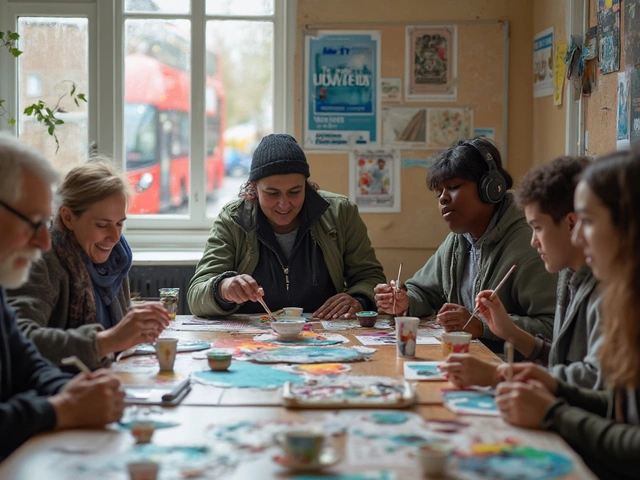Pandemic Coping Strategies: Practical Ways to Stay Well
Being in a long crisis wears you down fast. These pandemic coping strategies are simple, doable, and aimed at reducing stress while keeping your body and mind strong. Pick a few that fit your life and try them for a week — small changes compound.
Daily habits that help
Keep a basic routine. Wake up and sleep at similar times, plan three meals, and schedule short breaks. Routine gives your brain structure when everything else feels chaotic.
Move for at least 20 minutes. Walk, stretch, or do a quick bodyweight circuit. Physical activity lowers stress hormones and helps sleep.
Limit news to two short checks a day. Constant updates fuel anxiety. Choose trusted sources and set a timer.
Use breathing breaks. Try box breathing: inhale four seconds, hold four, exhale four, hold four. Do it three times when you feel tense.
Keep one social connection daily. Call a friend, text a check-in, or join a short video hangout. Social contact keeps mood steady even if it’s brief.
Managing anxiety and grief
Accept feelings as normal. Worry, sadness, and anger are valid reactions. Naming the feeling out loud—"I feel anxious"—reduces its power.
Try grounding when panic starts: name five things you see, four you can touch, three you hear, two you smell, one you taste. It brings you back to the present fast.
Limit substances that worsen mood. Alcohol, extra caffeine, and over-snacking can spike anxiety. Replace one drink a day with water or tea for a week and notice the difference.
Create small wins. Set one clear task daily—dishes, a short walk, a 10-minute tidy. Completing it builds energy and confidence.
Use creativity as relief. Draw, cook, play music, or write a short note to yourself. Creative action shifts focus and lifts mood without pressure to perform.
Work boundaries matter. Set start and stop times for work, even at home. Turn off notifications after work hours and protect at least one hour of phone-free time.
Sleep hygiene helps everything. Keep screens out of bed, dim lights an hour before sleep, and aim for similar sleep and wake times. If sleep is short, try a wind-down routine: warm drink, gentle stretch, and deep breathing.
If you care for kids, keep explanations simple and honest. Keep routines familiar and give them choices—small decisions help them feel safer.
If therapy isn’t available, try online support groups, guided self-help programs, or your workplace employee assistance line. Small professional steps often speed recovery and prevent bigger problems later and build resilience.
When to seek help: if anxiety or low mood lasts more than two weeks, if daily functioning drops, or if you have thoughts of harming yourself, reach out to a mental health professional or local crisis services. Asking for help is smart and brave.
Try one new coping strategy each week. Track what helps and drop what doesn’t. Over time you’ll build a personal set of tools that make hard days easier and keep your resilience growing.
Health Anxiety: How to Cope in a Pandemic
Hey there, it's hard not to worry about our health during this pandemic, isn't it? This post aims to help you address health anxiety, that nagging feeling that something's wrong even when you're actually okay. We'll talk about strategies for managing this type of anxiety amid the COVID-19 crisis. From understanding your fears to mindfulness techniques, let's explore ways we can better cope even in these challenging times. Together, we'll ride this wave and come out stronger on the other side.
View More





